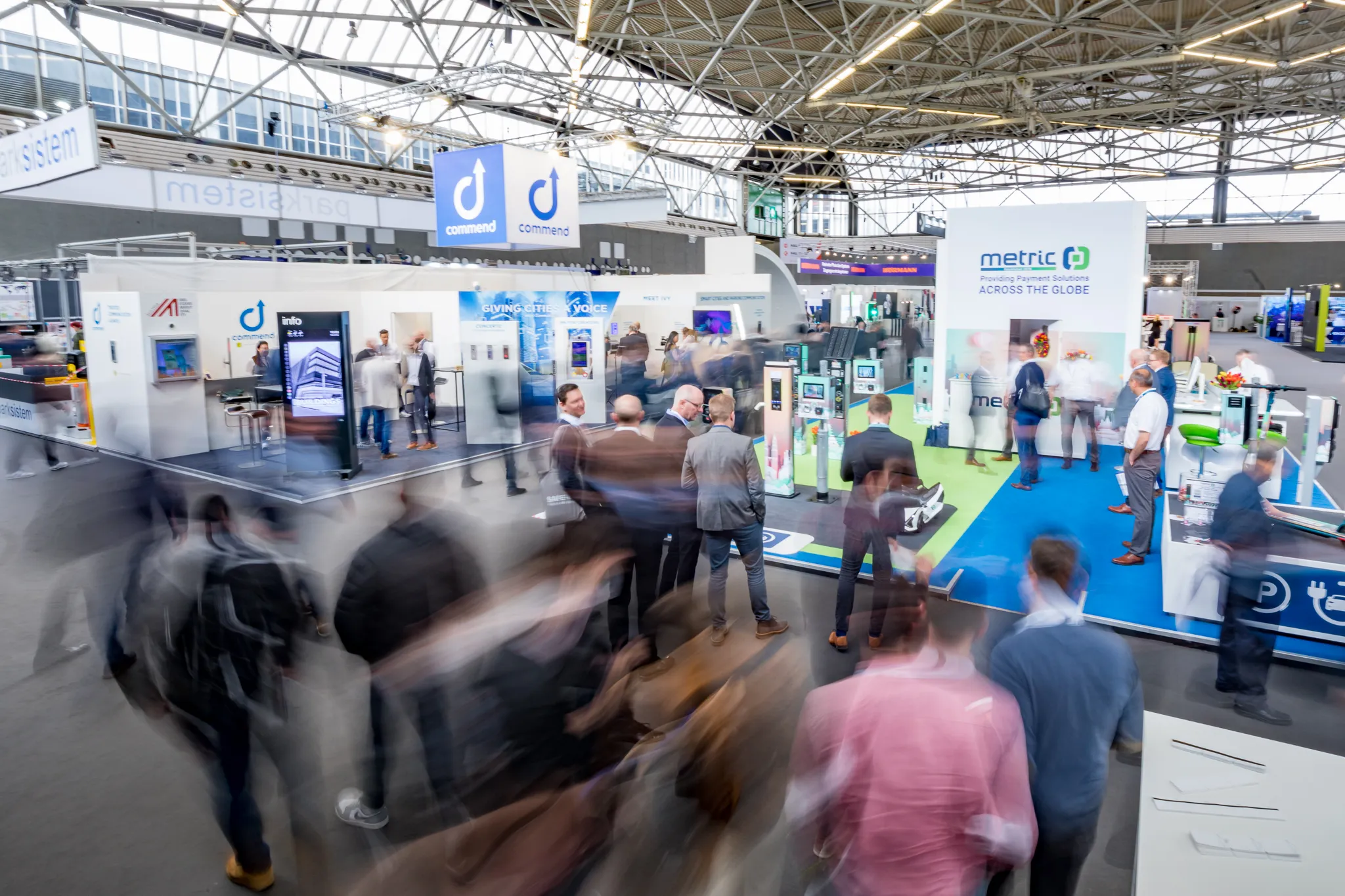The UK’s Smart EV project is launching its Consultation on Managed EV Charging at the Low Carbon Networks Innovation Conference in Manchester. The Consultation invites stakeholder views to ultimately secure a standardised industry-wide agreement for the connection, charging and control of electric vehicles.
The project’s ultimate aim is to achieve agreement across a number of industries on the best way to help facilitate the roll out of controlled EV charging. In doing so, it will enable significantly
October 13, 2016
Read time: 2 mins
The UK’s Smart EV project is launching its Consultation on Managed EV Charging at the Low Carbon Networks Innovation Conference in Manchester. The Consultation invites stakeholder views to ultimately secure a standardised industry-wide agreement for the connection, charging and control of electric vehicles.
The project’s ultimate aim is to achieve agreement across a number of industries on the best way to help facilitate the roll out of controlled EV charging. In doing so, it will enable significantly larger numbers of EVs to charge on today’s local electricity distribution networks, with sizeable reduction in investment costs, customer bills and disruption.
The project is being run by electricity network distribution operator Scottish and Southern Electricity Networks (SSEN) and power engineering company EA Technology, with funding through Ofgem’s Network Innovation Allowance.
Based on the current and forecast rate of EV adoption, sections of the electricity network will need upgrading to match the future demand of electric vehicle ownership. To help offset the need to spend billions in reinforcing the network, the Smart EV project is aiming to find a cross-industry technical solution to ensure the current electricity infrastructure can cope with the increase in electric vehicle charging on the network, particularly at peak times.
Stewart Reid, head of Asset Management & Innovation at SSEN, says, “The Smart EV project will help provide a safe and secure electricity network that can support the wide-scale adoption of electric vehicles, while reducing investment costs, customer bills and disruptions. Our research predicts that using smart technology, rather than digging up the roads to install new cables, will result in an economic saving of around £2.2 billion (US$2.7 billion) by 2050.”
Dave A. Roberts, director - Smart Interventions at EA Technology, said: “We need to find a standardised method to control the charging of EVs. The Smart EV project will seek to provide a national engineering recommendation, or equivalent, for the connection, charging and control of electric vehicles.
“We need the input of as many relevant stakeholders as possible – if you are a charging point manufacturer, installer, EV manufacturer, policymaker or anyone involved in the associated supply chain, please take part in the consultation.”
The project’s ultimate aim is to achieve agreement across a number of industries on the best way to help facilitate the roll out of controlled EV charging. In doing so, it will enable significantly larger numbers of EVs to charge on today’s local electricity distribution networks, with sizeable reduction in investment costs, customer bills and disruption.
The project is being run by electricity network distribution operator Scottish and Southern Electricity Networks (SSEN) and power engineering company EA Technology, with funding through Ofgem’s Network Innovation Allowance.
Based on the current and forecast rate of EV adoption, sections of the electricity network will need upgrading to match the future demand of electric vehicle ownership. To help offset the need to spend billions in reinforcing the network, the Smart EV project is aiming to find a cross-industry technical solution to ensure the current electricity infrastructure can cope with the increase in electric vehicle charging on the network, particularly at peak times.
Stewart Reid, head of Asset Management & Innovation at SSEN, says, “The Smart EV project will help provide a safe and secure electricity network that can support the wide-scale adoption of electric vehicles, while reducing investment costs, customer bills and disruptions. Our research predicts that using smart technology, rather than digging up the roads to install new cables, will result in an economic saving of around £2.2 billion (US$2.7 billion) by 2050.”
Dave A. Roberts, director - Smart Interventions at EA Technology, said: “We need to find a standardised method to control the charging of EVs. The Smart EV project will seek to provide a national engineering recommendation, or equivalent, for the connection, charging and control of electric vehicles.
“We need the input of as many relevant stakeholders as possible – if you are a charging point manufacturer, installer, EV manufacturer, policymaker or anyone involved in the associated supply chain, please take part in the consultation.”








